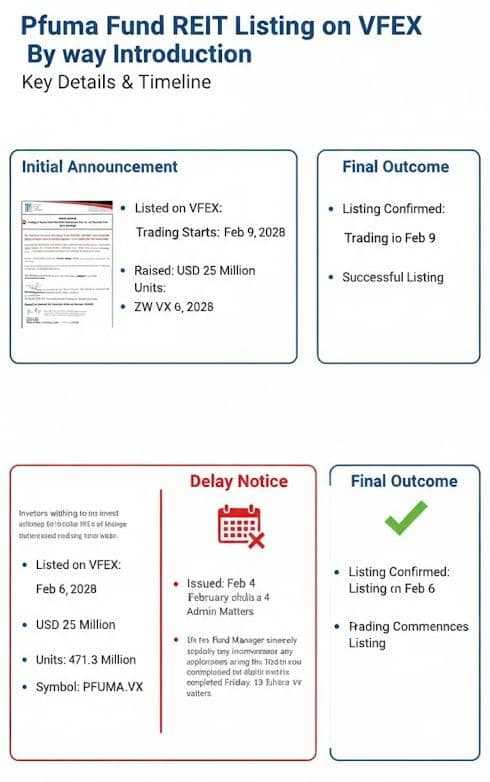
Audrey Galawu
The Minister of Finance, Economic Development and Investment Promotion amended the Exchange Control Act [Chapter 9:23] by introducing a provision that prohibits businesses in Zimbabwe from using any rate other than the interbank rate when determining their prices.
This amendment, enacted through Statutory Instrument (SI) 81A Exchange Control (Amendment of Schedule to Exchange Control Act) Notice, 2024, gazetted on May 9, brings out substantial changes to the Act.
The primary provision is the regulation of exchange rates at which goods and services can be offered by sellers, with strict penalties for non-adherence.
Another key provision include; the regulation of exchange rates for goods and services where sellers are required to offer goods and services at an exchange rate not exceeding the prevailing average interbank foreign currency selling rate published by the Reserve Bank of Zimbabwe.
In response to these changes, the National Competitiveness Commission highlighted that fixing the exchange rate can enhance competitiveness mainly through fostering economic stability and predictability.
However, there are risks associated with the potential increase in USD prices as business try to maintain revenues and offset losses incurred when selling using ZiG.
“This will create USD price inflation or shortage of goods in traditional channels as suppliers push products into informal sector where they can get hard currency.
Related Stories
“Furthermore, there are possibilities of restocking challenges as suppliers may end up shunning transactions in the local currency to avoid the fluctuating ZiG rates offered by supermarkets such that formal shops might struggle to stock basic commodities such as cooking oil and mealie-meal, among others, leading to artificial shortages,” the NCC said.
The Commission emphasised that the impact on national competitiveness will heavily rely on the effective enforcement the existing regulations and complementary efforts by both government and the private sector.
To this end, the Commission proposes that, adding that there is need to implement robust mechanisms for monitoring compliance with exchange rate regulations.
“Government must ensure the maintenance of sufficient foreign reserves to preserve the peg and reassure businesses of the stability of the currency. Availability of foreign reserves will complement export retention, which is the current sole source of forex to industry.
“Continued implementation of structural reforms to enhance economic productivity and diversification to reduce dependence on imports and improve the resilience of the local currency. Provide businesses with easier access to finance at competitive interest rates to mitigate the impact of fixed exchange rate policies on their operations.”
For the private sector, the NCC said businesses must focus on improving operational efficiency to mitigate the impact of fixed exchange rate margins on their profitability.
"Continued engagement with government to advocate for supportive policies that address the challenges posed by fixed exchange rate regulations, ensuring that the business environment remains conducive to growth and competitiveness."
Penalties for Non-Compliance of the SI include a fixed penalty of 200 000 ZiG or an amount equivalent to the value of the foreign currency charged, a daily cumulative penalty of 5% of the outstanding fixed penalty for up to 90 days and a 48-hour period for the defaulter to show cause why the penalty should not be imposed.




















Leave Comments